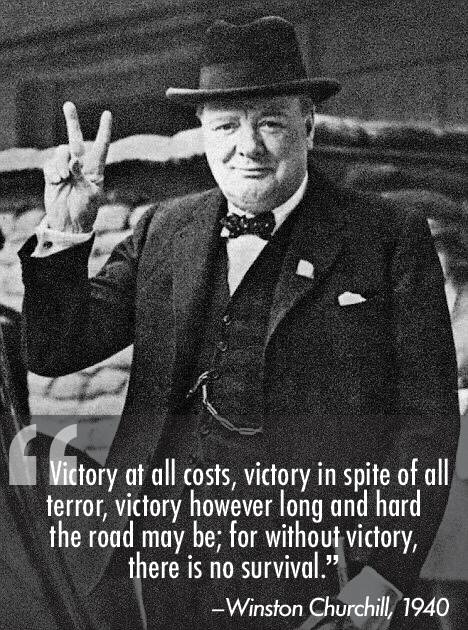Many of us have joked about being on a government watchlist. In fact, a few of my friends consider it such a badge of honor that I think they’re offended that they don’t have DHS agents hanging out in the street in front of their house. But the truth is, getting put on a government watchlist is frighteningly easy…and apparently, it even more so last year, when the Obama administration quietly approved some disturbing new guidelines. Why are we just reporting it now? Because no one knew about it until The Intercept reported it yesterday.
The new guidelines allow individuals to be designated as representatives of terror organizations without any evidence they are actually connected to such organizations, and it gives a single White House official the unilateral authority to place “entire categories” of people the government is tracking onto the no fly and selectee lists. It broadens the authority of government officials to “nominate” people to the watchlists based on what is vaguely described as “fragmentary information.” It also allows for dead people to be watchlisted.
Pay attention to that. You can be designated a representative of a terror organization without any evidence that you’re even connected to one. Now let’s say you get pulled over on your way to work because your tail light bulb is out. The cop runs your name and finds out that while you have no outstanding warrants, you’re on a terrorist watchlist. Under the current laws, it literally takes nothing for them to detain you if you’re a terrorist. That is the point, after all, isn’t it? Fight the terrorists? Make the country “safer”? It’s rather brilliant, really. After 9/11 it was the perfect time to sweep in all kinds of unconstitutional things like the Patriot Act and the Department of Homeland Security. The government then redefines what’s considered an extremist or a domestic terrorist, and to top it all off, they approve new rules for themselves as to how an average citizen gets pegged as one of those terrorists. Now they have the perfect system in place to remove anyone they don’t like, anyone who speaks out against them or demands accountability.
“But I just rant on Facebook,” you claim dismissively (while secretly relieved that you have nothing to worry about because you’re all talk). Except, they’ve thought of you too.
While the guidelines nominally prohibit nominations based on unreliable information, they explicitly regard “uncorroborated” Facebook or Twitter posts as sufficient grounds for putting an individual on one of the watchlists. “Single source information,” the guidelines state, “including but not limited to ‘walk-in,’ ‘write-in,’ or postings on social media sites, however, should not automatically be discounted … the NOMINATING AGENCY should evaluate the credibility of the source, as well as the nature and specificity of the information, and nominate even if that source is uncorroborated.
That’s right, folks. Even you brave and fierce Facebook warriors can be put on a watchlist if someone decides that the memes you keep sharing are a little too critical of the administration. And, the nominating agency gets to do all the evaluating of the information they’re already using to nominate you. That’s like asking Ted Bundy to serve on his own jury.
“But they can’t do that to me; I know my rights,” you huff. So do they, and that’s why they created some loopholes to get around them.
One is clearly defined: The immediate family of suspected terrorists—their spouses, children, parents, or siblings—may be watchlisted without any suspicion that they themselves are engaged in terrorist activity. But another loophole is quite broad—”associates” who have a defined relationship with a suspected terrorist, but whose involvement in terrorist activity is not known. A third loophole is broader still—individuals with “a possible nexus” to terrorism, but for whom there is not enough “derogatory information” to meet the reasonable suspicion standard.
We already know the government reads your emails, listens to your phone calls, tracks your comings and goings, keeps track of your purchases, and watches your internet usage. How hard would it be to “link” you to a terrorist group? Maybe you are in school and you did some research on a specific group. Maybe you’ve been looking at buying a new hunting rifle. See how this works? And if that’s not all, look at the numbers of how often people get nominated to the watchlist.
In a recent court filing, the government disclosed that there were 468,749 KST nominations in 2013, of which only 4,915 were rejected–a rate of about one percent. The rulebook appears to invert the legal principle of due process, defining nominations as “presumptively valid.”
In other words, if someone ‘nominates’ you to be on a terrorism watchlist…you’re going to be put on it. No big deal, though. It’s not like a government could ever just round up a whole group of people under false charges and detain them…or kill them. That couldn’t happen, right?










Recent Comments